Europe
Overview
Projects

- Argentina, Europe, Kenya, Latin America and the Caribbean (LAC), Mexico, Philippines, Spain, Sub-Saharan Africa (SSA)
- April 2024 - September 2024
- Data Feminism, Geographies of Inequalities
Data-Pop Alliance (DPA), in collaboration with Open Data Watch (ODW), was tasked with creating a pioneering gender data framework for urban environments, commissioned by the City Hub and Network for Gender Equity (CHANGE). This framework was intended for implementation across CHANGE’s network cities, starting with Barcelona, Buenos Aires, Mexico City, Nairobi, and Quezon City as the initial participants. Capitalizing on DPA’s and ODW’s specialized knowledge in data analytics and gender-focused research, the project’s core objective was to provide a robust measurement of gender equity within varied city landscapes. The project’s deliverables included: A comprehensive blueprint outlining the essential requirements and stages for cities to prepare and deploy the framework; The framework itself, featuring specific dimensions and indicators that assessed both the processes and physical form of the cities concerning gender equity; and a specialized data collection tool, complete with training materials, to enable cities to gather and process all necessary data to effectively utilize the framework. This multi-faceted approach ensured that the participating cities were equipped with the knowledge, tools, and methods required to drive meaningful progress in the realm of urban gender equity.

- Asia Pacific, Europe, Middle East and North Africa (MENA), North America
- July 2023 - September 2023
- Data Feminism
Mila’s AI for Humanity Team identified high-impact, socially beneficial projects and invested in their development and deployment. AI offered possibilities for enhancing well-being and contributing to the SDGs but also had the potential to deepen divides. AI was generally designed and evaluated without systematic gender and diversity approaches, potentially leading to negative consequences. This project aimed to provide the AI ecosystem, particularly the member States of the Global Partnership on AI (GPAI), with a framework of tools and recommendations to ensure diversity and gender equality throughout the AI cycle. DPA provided technical, organizational, and research support for GPAI’s Project on DGE in AI, organizing consultations and data collection with advisory groups from various sectors, focusing on marginalized and minority groups globally.

- Albania, Botswana, Egypt, Europe, India, Kyrgyzstan, Macedonia, Middle East and North Africa (MENA), Moldova, Mongolia, Pakistan, South Asia, South East Europe, Sudan, Tunisia
- January - June 2018
- AI and Statistics for the SDGs
In partnership with the United Nations Development Programme (UNDP), DPA provided support to the Europe and Central Asia Regional Hub in Istanbul for the project “Measuring the Unmeasured” to contribute to SDG measurement and achievement. The effective use of data for public policy was of critical importance to the UN in its efforts to strengthen evidence-based programming and policy development. In particular, generating, analyzing, presenting, and using data was vital to global and regional efforts to monitor and promote the Sustainable Development Goals (SDGs). Our project aimed to scope, develop, and test different methods for measuring Tier III indicators of high SDG priorities for 11 countries in the Arab States, Europe & Central Asia, and Asia Pacific, with the main goal of utilizing this information in policy responses.

- Europe, Latin America and the Caribbean (LAC)
- May 2022 - Ongoing
- Geographies of Inequalities
The current debate on the collection and use of race-related data is shaped by country-specific cultural practices and historical backgrounds. Nevertheless, there is a pressing need for more and better racial data in all societies, as a prerequisite for addressing related inequalities. The Racial Justice Data Project contributed to this movement of greater visibility for racial data while focusing on regions that have not been sufficiently explored (Europe and Latin America) and will eventually cover multiple racial-related themes within the platform.
The project provided valuable inputs that can be used by a wide range of actors, from civil society, journalists, researchers, and individuals to advance advocacy causes through data-driven strategies, to public or private stakeholders as a fundamental tool for evidence-based decision-making. To achieve these goals, the project leveraged data from a wide variety of traditional and non-traditional sources, including existing datasets, reports from civil society organizations, legal documents, and social media to present a fuller picture of the effects of racism in an accessible and actionable manner.
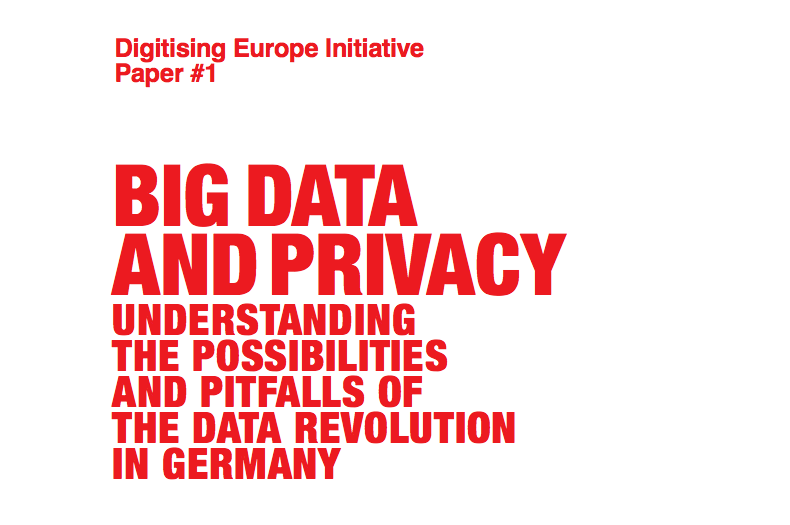
- Europe, Germany
- November 2015
- AI and Statistics for the SDGs
How can we make full use of data analytics in a responsible and human-centered manner? Which forms of data use should be excluded, and who should set the rules? As the first event paper in the “Digitising Europe” series (published with the Vodafone Institute for Society and Communications), this publication captured the major key themes that emerged from the initiative’s events in Berlin in November 2015. These events explored the possibilities and pitfalls of the data revolution and served to identify key insights and practical solutions for facilitating the use of data while protecting the privacy of citizens.

- Europe, Global
- November 2019
- AI and Statistics for the SDGs
How data are shared and used will determine, to a large extent, the future of democracy and human progress. In this context, the authors of the paper “Sharing is Caring” described four key requirements that had to inform European efforts to ensure that private data were shared and used for the public good in a safe, ethical, and sustainable manner. This paper, co-published with the Vodafone Institute for Society and Communications, is part of the “Digitising Europe” initiative and a series of discussion papers focused on the challenges of European digital policy.
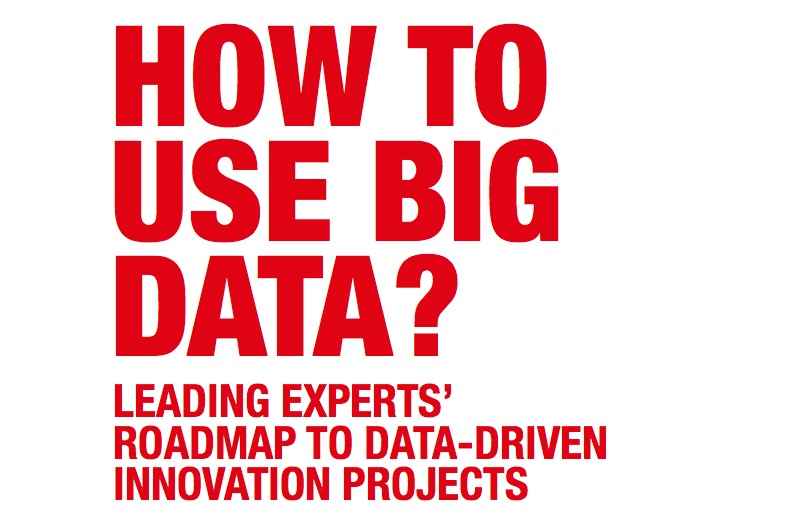
- Europe, Global
- November 2017
- AI and Statistics for the SDGs
This paper, developed in cooperation with the Vodafone Institute for Society and Communications, highlighted overall takeaways and recommendations in the areas of privacy protection, responsible data governance, transparency, and accountability for unleashing big data-driven innovation. These included:
(1) Putting ‘privacy by design’ into action through privacy-preserving technical procedures and standards for data sharing and use;
(2) Focusing on responsibility in data use by establishing internal responsible data governance standards; and
(3) Keeping transparency, trust, and user control at the center by engaging all data stakeholders.
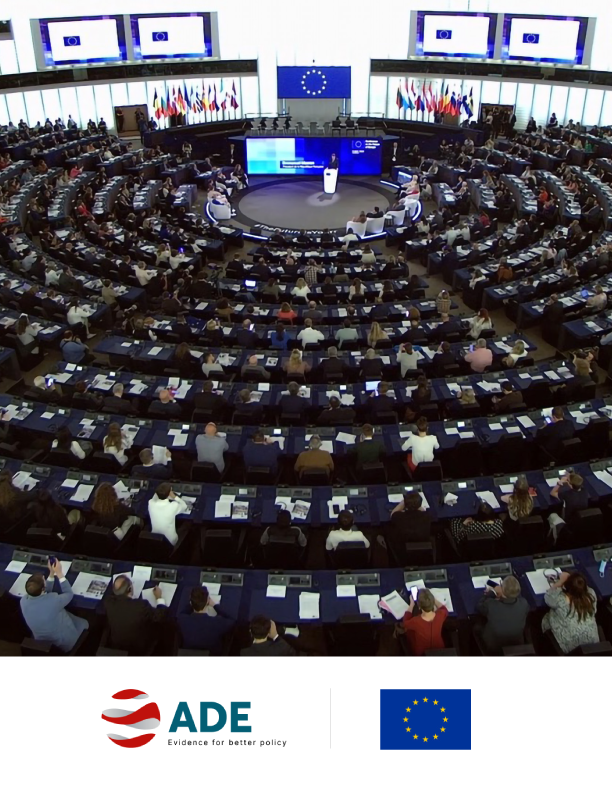
- Europe, European Union
- April 2021 - May 2022
- Just Digital Transformations
This evaluation, led by our partner ADE, provided an independent assessment and evidence on the EU-UN cooperation in external action-building through the analysis of five thematic areas:
- Green Deal;
- Sustainable economic, social, and human development;
- Governance, security, and governance;
- Migration and forced displacement; and
- Transition to a new digital era (led by DPA).
The evaluation assessed the EU’s influence and visibility in the UN system in relation to achieving EU priorities and supporting multilateralism. It examined the mechanisms for actual implementation and delivery of support, as well as their effectiveness and efficiency, including mechanisms for policy dialogue, programming, and cooperation. Additionally, the evaluation provided inputs on how to further improve cooperation between the EU and the UN.
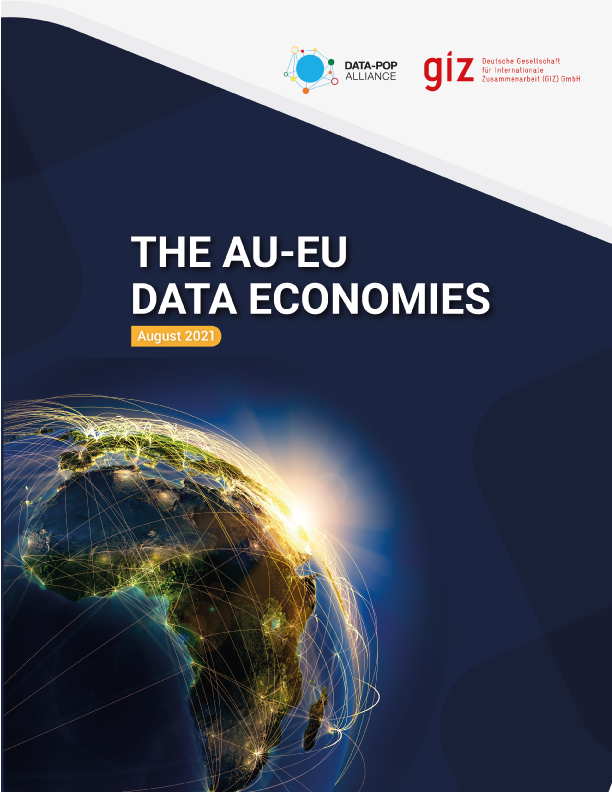
- Europe, European Union, Sub-Saharan Africa (SSA)
- April - August 2021
- Just Digital Transformations
In collaboration with the European Union and the African Union, and support from GIZ, DPA developed an overview of the Data Economy Framework between Europe and Africa in a concise report focused on the potential of the data economy in Africa, and its potential to boost the African-European data market exchange. The final report discussed the landscape of the African data economy and mapped the potential fields of common interest between the African and European Unions. The findings synthesized information from recent in-depth studies, as well as from indices on inclusive internet, affordability drivers and network readiness.

- Europe, European Union
- April 2022 - June 2023
- Just Digital Transformations
This evaluation, led by our partner ADE, provided an overall independent assessment on the World Bank’s (WB) cooperation in external action building via an ex-post and prospective analysis of the partnership. Among other research objectives, the evaluation assessed the achievement of EU objectives and priorities in the field of international cooperation and development as a result of this partnership; the reinforcement of the role of the EU as an international actor; the promotion of multilateral dialogue, solutions, and cooperation; and the effective and efficient delivery of development support to countries and development partners. It also provided a roadmap to gauge the opportunities and constraints the EU faces in relation to its partnership with the WB.
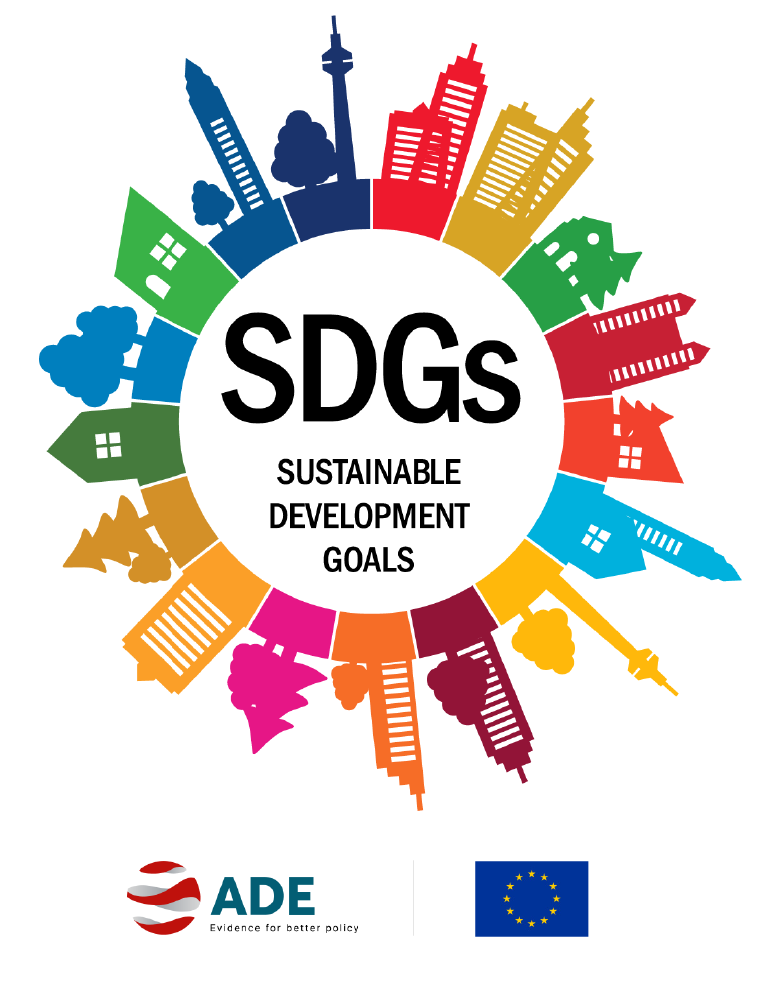
- Europe, European Union
- December 2021 - April 2023
- Just Digital Transformations
The main objective of this evaluation, led by our partner ADE, was to provide an independent, evidence-based assessment of the contribution of the EU’s external actions in support of the implementation of the SDGs – not only as a set of individual goals, but also in relation to their integration into the EU’s external policy framework. In line with EU policy, this evaluation sought to be a stock-taking, lesson-learning, and forward-looking exercise, as well as an accurate assessment of achieved results.
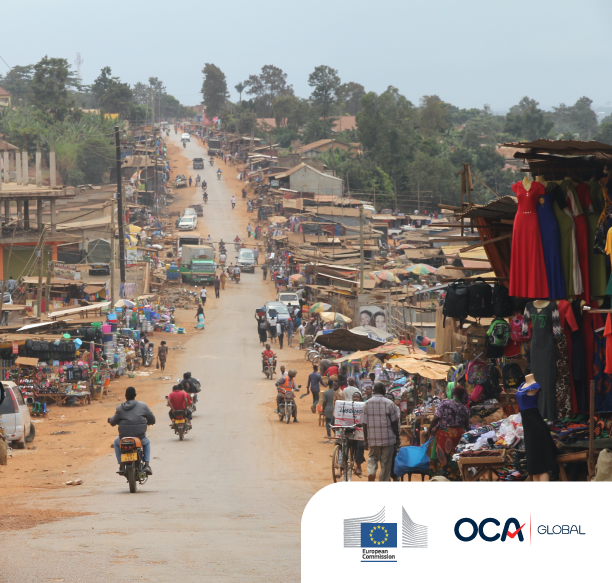
- Europe, European Union, Sub-Saharan Africa (SSA)
- January - March 2022
- Just Digital Transformations
This series of three reports analyzed varying aspects of Africa-EU and provided technical policy insights to strengthen the European Commission Directorate General for International Partnerships’ (DG INTPA) capacity in “knowledge-based” policymaking. Each report was conducted through a study and analysis of policy briefings, taking into account EU political interests towards Africa, as well as relevant existing legally-binding agreements, political declarations and strategic documents. The topics of each report included:
(1) Transport and Infrastructures;
(2) Digital Technologies and Services;
(3) Sustainable Energy and Climate Change; and
(4) Private Sector and Trade.
